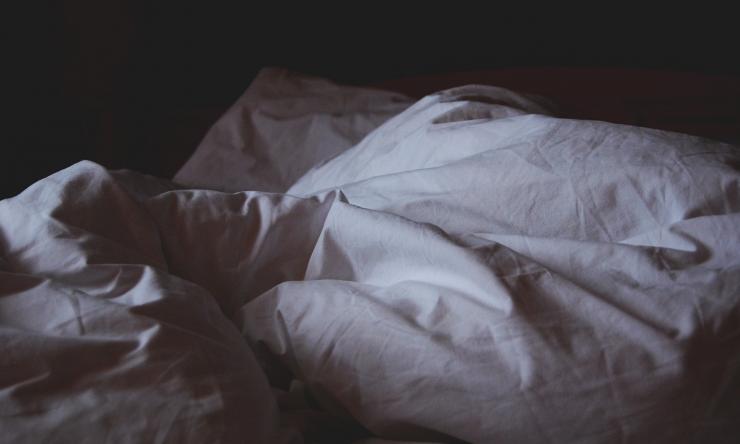How light may impact your sleep

For most of us the blaring sound of our alarm clock is a signal to wake up, but often this noise can be too jarring in the morning. So is there a better way to wake up? One Baylor College of Medicine expert explains how light impacts our circadian rhythm and whether wake-up light alarm clocks are beneficial.
“Humans have a circadian rhythm that facilitates a natural tendency to be sleepier at night and be more awake during the day,” said Dr. Philip Alapat, assistant professor of medicine in the section of pulmonary, critical care and sleep medicine. “The strongest contributor to the establishment of the circadian rhythm is light. Humans have evolved so that the presence of sunlight dictates our level of activity. We are naturally more active during the daytime and more prone to sleep at nighttime when there is less light. And, the presence of light at times different from the expected daytime can disrupt our circadian rhythm enough that our ability to sleep well at night is impaired.”
The presence of light especially impacts our circadian rhythm when the light is bright and leans toward the blue spectrum, Alapat said. This is why some newer phones and gadgets have a special feature you can use at night that diminishes the blue spectrum and decrease the light’s impact on your circadian rhythm.
Falling asleep
Alapat recommends that there should be less available light when you are trying to fall asleep – even if it is not nighttime, your body must try to convince you that it is so you can sleep.
Some of the devices that we look at, especially larger television screens and computer display devices, produce a high amount of light that can be significant enough to alter your circadian rhythm. Given this, it is best to turn off those devices at least 30 minutes before you want to fall asleep.
In general, your sleep environment should be as dark and quiet as possible to reduce brain stimuli, Alapat said. However, if you need night lights to ensure you can safely walk around your room without tripping on things, Alapat said this is fine. A low level of light is unlikely to significantly affect your circadian rhythm.
Waking-Up light alarm clocks
While he is not aware of any clinical evidence to support the use of wake-up light alarm clocks, Alapat said he does have anecdotal evidence of their effectiveness. Some of his patients whom he recommended to use these alarm clocks have reported that they do gain significant benefit from them. Wake-up light alarm clocks work by slowly increasing the amount of light you are exposed to around the time that you want to wake up. Typically, they also add a little bit of sound stimulus in addition to the light to gradually awaken people from sleep. The wake-up light alarm clock will start at a very low level of sound and light and gradually increase in intensity.
Alapat cautions that in general, if you are having difficulty with establishing a circadian rhythm that predisposes you to wake up at a particular time and fall asleep at a particular time, changing your schedule – for example during weekends – will likely be disruptive.










